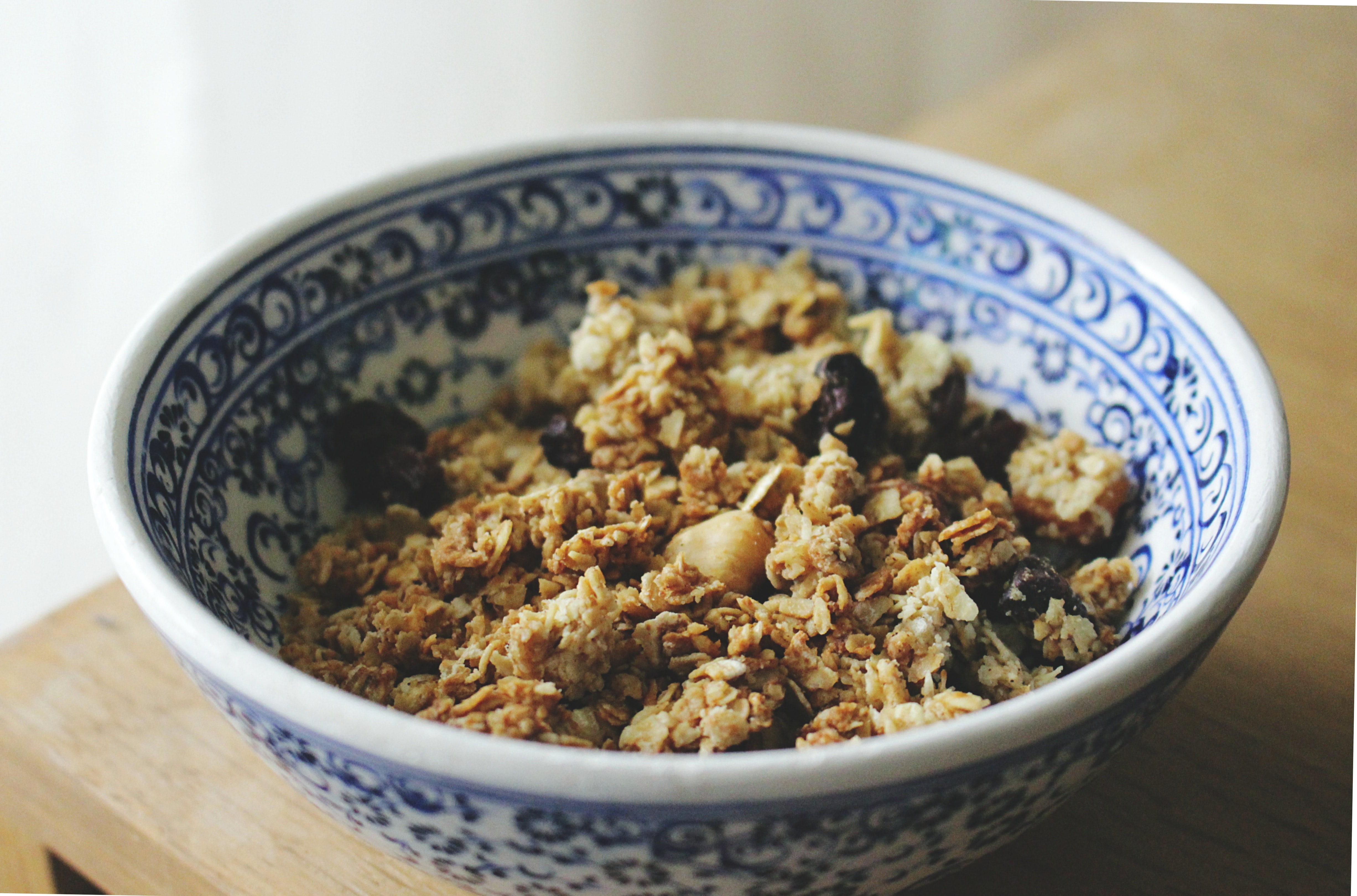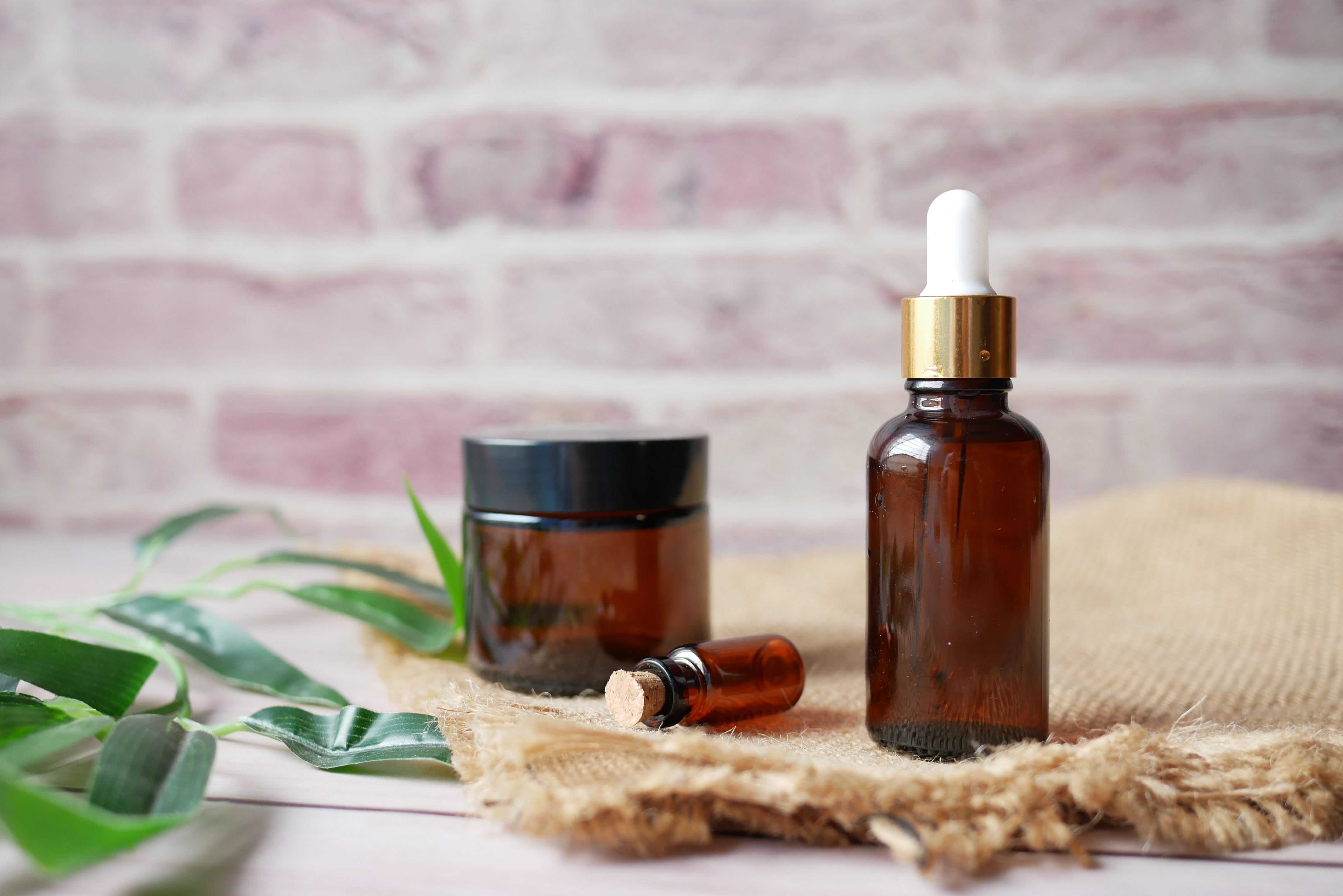
Common Digestive Health Problems
Natural Remedies to help Common Digestive problems
There are many factors that contribute to digestive health problems and this really can play havoc with your quality of life. We literally do become what we eat, digest and assimilate so if that process goes wrong our everyday life can be significantly affected.
The health benefits of probiotics for digestive complaints are most important. Probiotics work by killing harmful bacteria, destroying toxins, boosting antibodies and preventing bacterial and fungal overgrowth. Digestive health problems should be dealt with as quickly as possible because then they are easier to treat early on than if they are left to linger.
Some Quick Relief For 5 Digestive Health Problems

Constipation
- Increase your water intake
- Supplement with a good probiotic
Increase dietary fiber or take a fiber supplement such as psyllium supplement in powder or capsule form. You can also try adding oat bran to your daily food.
Diarrhea
- Investigate the possibility of coeliac disease (a condition of the small intestine)
- Avoid very hot or cold liquids, stimulants, fizzy drinks and junk fats hidden in baked goods.
- Avoid fried foods
- Take a good probiotic supplement.
Abdominal pain/bloating
- Consider that you may be wheat or dairy intolerant – cut these out for one month, Gluten free diets are very successful at helping bloating.
- Cut out sugar
- Avoid processed food
- Take a probiotic
- Eat small regular meals
- Do not wear tight clothing around your waist.
Oral thrush
A yeast infection or oral thrush can often occur after an antibiotic or a time of stress. The symptoms of an oral yeast infection include coating on the surface of the tongue, or a metallic taste in the mouth. Accompanying this can be a feeling of anxiety and a dry-mouth sensation which no amount of water seems to satisfy.
Empty the powder from a good probiotic capsule into your mouth. Take a little water, then slosh it around for a few minutes, gargle with it and then swallow it. Reduce your sugar intake while you have the thrush because yeast / candida / thrush feeds on excess sugar. More Yeast Infection Natural Remedies
Gastro-Oesophageal Reflux Disease (GERD)
This is a common complaint and often due to poor cardiac sphincter tone. That is the ring muscle at the end of the oesophagus (food pipe). It is made worse by increased abdominal pressure from being over-weight or pregnancy. Some helpful steps:
- Eat small, regular meals, avoid fizzy drinks and take digestive enzymes with each meal.
- Don’t lie down for three hours after eating your evening meal, and don’t bend to pick up things if your stomach is full.
A Natural Remedy For GERD
Here's a simple and inexpensive natural remedy which some people have found to be exceptionally helpful. It's effective for most upper gastrointestinal symptoms. By trying it you have nothing to lose but your symptoms.
Put a thumb-sized piece of fresh ginger root through a juicer (not a blender). Refrigerate the juice and take a teaspoon every morning when you get up. Tastes a bit strong to begin with but you will soon get used to the sensation. Ginger essential oil can be used too. Do this daily for three weeks. Your symptoms may disappear before that, but don't stop before the three weeks is up or you may have a relapse.
Another very helpful and supportive herb to take if you have GERD is deglycyrrhised liquorice.
Essential Oils Helpful for Digestive Health

- Fennel essential oil - Fennel has been used for centuries to help soothe digestive issues. It can help to stimulate digestion, relieve bloating and gas, and ease stomach cramps.
- Peppermint essential oil - Peppermint oil can help to relax the muscles in the digestive tract and reduce inflammation. It may be helpful for relieving symptoms of irritable bowel syndrome (IBS) and other digestive issues.
- Ginger essential oil - Ginger has natural anti-inflammatory properties that can help to soothe the digestive system. It can also help to alleviate nausea and vomiting.
- Lemon essential oil - Lemon oil has a detoxifying effect on the liver, which can help to improve overall digestion. It may also help to relieve symptoms of constipation and indigestion.
- Chamomile essential oil - Chamomile is known for its calming properties, which can help to soothe the digestive system. It may also help to relieve symptoms of acid reflux and other digestive issues.
- Cardamom essential oil - Cardamom has natural anti-inflammatory and antimicrobial properties that can help to improve digestion. It may also help to relieve symptoms of bloating and gas.
- Rose essential oil - Geraniol, a monoterpene alcohol, is a major constituent of rose and geranium essential oils and has been shown to possess numerous health benefits, including improving gut health. Geraniol has been found to have strong antimicrobial properties, which means it can help to inhibit the growth of harmful bacteria in the gut. This can be particularly beneficial for individuals who suffer from gastrointestinal issues, such as bloating, gas, and diarrhea.
It's important to note that essential oils should be used with caution, as they are highly concentrated and can be irritating if not used properly. Always dilute essential oils in a carrier oil before applying them to the skin, and consult with a healthcare provider before using them internally.
Foods That Make Digestive Problems Worse
The three main culprits of digestive health problems appear to be wheat (or gluten in some cases), dairy products and sugar (especially fructose which exacerbates irritable bowel syndrome).
For some people, relief is as simple as cutting out wheat or bread and can significantly reduce the symptoms of GERD, heartburn, bloating and a host of other digestive woes. Not eating these three foods often gives relief for as long as they are avoided. Reintroduce them if you wish to after 4 - 6 weeks on a rotational basis, one at a time, and keep a journal to see which are causing your digestive health problem.
Recommended Digestive Health Supplements
- Choose one of the new synbiotic supplement range, with strains of beneficial bacteria mixed with a prebiotic to encourage colonization.
- Choose a product that contains prebiotic fructo-oligosaccharides (FOS) to enhance implantation of healthy bacteria.
- Magnesium citrate, which is important for digestive function, helps to prevent constipation and improves general colon health. Taken with zinc it helps to avoid heartburn.
- A fiber supplement either in the form of oat bran added to your food or a psyllium supplement in powder or capsule form, taken with a glass of water or added to food.
- Fish oil to regulate possible digestive tract inflammation.
- Glutamine powder or capsules (3 g a day) to encourage healing of the walls of the digestive tract if ulcers, GERD, Candida or leaky gut syndrome are present.
- If longstanding proton-pump inhibitors have been used for acidity, then a vitamin B12 supplement is helpful.
- Vitamin C (preferably Ester C if gastric over-acidity or an ulcer is present) due to its ability to heal, its antioxidant activity and powerful ability to boost overall immunity.
There are a lot of other supplements that could be recommended not to mention the endless combinations of herbal teas for digestion. Using all or some of these major supplements will certainly help your digestive health as long as they are combined with a healthy diet.
It would be nice to promise quick results but remember that if this is something you have had for a long time, you will need to be patient before seeing results. Don't give up though. If you are serious about improving your digestion then your digestive health problems can be kept under control.
Kefir Health Benefits
Aloe Vera Juice is great for digestive problems
Candida Cleanse Information
If you want tips on natural wellness, you can get them straight to your inbox.

Enter your email below and I’ll share new articles, reflections, and practical insights as they’re published.


